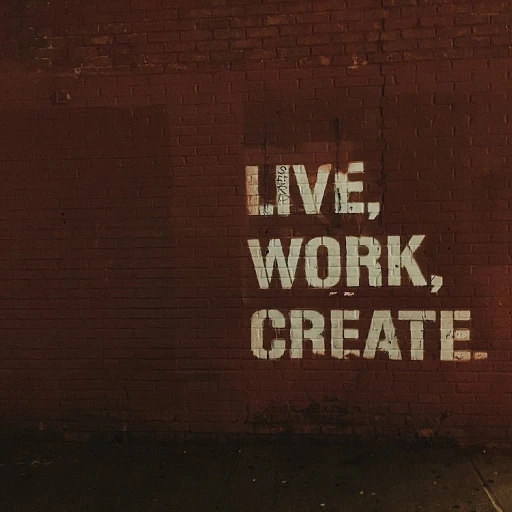Understanding Background Checks
Background checks have become an integral part of the hiring process, serving as a crucial tool in evaluating the suitability of candidates for various positions. These checks often include examining criminal records, employment history, and other relevant information to assess the potential risks associated with a hire. But what does this mean when it comes to pending charges? How do they impact what will show up in a background check?
When it comes to understanding these checks, it’s essential to differentiate between a completed criminal charge and one that is still pending. A completed charge typically means that a court has reached a verdict regarding the incident, and this will universally appear in a criminal history check. On the other hand, pending charges are still under investigation or awaiting a trial conclusion, leading to varied outcomes in terms of their visibility on background checks.
Employers seeking information about a candidate’s background must navigate the complexities of various laws and regulations, including the highly-debated "ban the box" laws. These laws, which vary by state, often dictate whether an employer can inquire about a candidate’s criminal history during initial job applications, potentially impacting the visibility of pending charges. Additionally, you might want to explore bench warrants and their impact on background checks for further insights into how different types of court records might appear.
The Legal Implications of Pending Charges
Navigating the Legal Landscape of Pending Charges
When it comes to background checks, understanding the legal implications of pending charges is crucial not only for candidates but also for employers. Background checks can reveal a great deal about an individual's criminal history. However, the emergence of pending charges on a background check often prompts several legal considerations. Pending charges refer to criminal charges for which a court decision has not yet been made. These charges can appear on background checks because they are part of the candidate's unresolved criminal records. Since pending charges are not yet convictions, they occupy a unique space in the legal domain. Employers must navigate a complex legal environment, as using pending criminal charges in making hiring decisions could result in discrimination claims. Employment laws, including the "ban the box" laws in certain states, restrict how employers can inquire about a candidate's criminal history, particularly charges that haven’t been resolved by a court. Moreover, the Fair Credit Reporting Act (FCRA) imposes additional obligations. Under the FCRA, employers must ensure an equitable hiring process by obtaining explicit consent from the candidate to conduct a background check. Should pending charges appear, employers are also required to provide candidates with an opportunity to dispute inaccurate or incomplete information in their criminal records. As legal interpretations can vary significantly across states, businesses need to stay informed about state-specific statutes and jurisprudence regarding pending charges. This understanding not only helps in maintaining compliance with legal standards but also serves to protect the rights of the candidates involved. For a more in-depth analysis on how pending charges and other legal aspects influence background check processes, one can explore insights on understanding the latest trends in criminal record checks.How Employers Handle Pending Charges
Employer Considerations for Pending Charges
In the realm of employment background checks, employers are often faced with the challenge of determining how to handle pending charges. These charges, while not yet resolved in court, can present a complex scenario for hiring managers. The decision on whether or not to consider pending criminal charges in the hiring process can significantly impact both the employer and the candidate.
Employers typically conduct background checks to ensure a safe and trustworthy workplace. However, the presence of a pending charge in a criminal background check can raise questions about a candidate's suitability. Here are some factors employers might consider:
- Nature of the Charge: The type of criminal charge is crucial. For instance, a pending criminal charge related to violence might be viewed differently than a minor offense.
- Relevance to the Job: Employers assess whether the pending charge relates to the responsibilities of the job. A financial crime, for example, might be more concerning for a position involving financial management.
- Company Policy: Each organization may have its own policy on how to handle pending charges. Some might have a zero-tolerance policy, while others might consider the candidate's overall criminal history.
- State Laws: The state where the company operates can dictate how pending charges are treated. Some states have ban the box laws that restrict when and how criminal records can be considered in the hiring process.
Employers must navigate these considerations carefully, balancing the potential risks with the need to provide fair opportunities. The approach to handling pending charges can vary widely, influenced by both legal requirements and organizational values. For more insights on how companies verify employment, you can explore understanding employment verification processes.
State Variations in Reporting Pending Charges
Diverse State Regulations and Their Implications
Navigating through the labyrinth of state regulations regarding background checks can be daunting due to the varying legal approaches each state employs. When it comes to pending charges, employers and job seekers alike must understand the specific state regulations governing the disclosure of such information during employment background checks. Various laws dictate whether pending charges will show up in a background check:- Some states allow the disclosure of pending charges: In these jurisdictions, employers may have access to more extensive criminal records, showing both adjudicated charges and those still in the judicial process.
- Other states restrict this information: Certain jurisdictions prohibit employers from considering pending criminal charges, focusing solely on finalized convictions. This protects candidates from potential biases in the hiring process due to ongoing legal proceedings.








